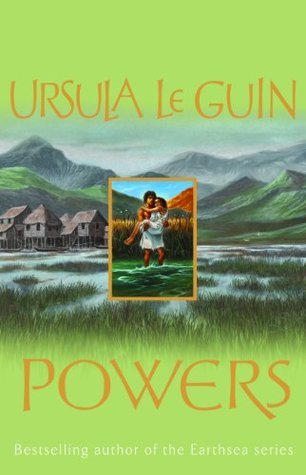What do you think?
Rate this book


517 pages, Kindle Edition
First published January 1, 2007
 : Fino Review: https://www.goodreads.com/review/show...
: Fino Review: https://www.goodreads.com/review/show... Fino Review: https://www.goodreads.com/review/show...
Fino Review: https://www.goodreads.com/review/show... Fino Review: https://www.goodreads.com/review/show...
Fino Review: https://www.goodreads.com/review/show... Fino Review: https://www.goodreads.com/review/list...#
Fino Review: https://www.goodreads.com/review/list...# Fino Review: https://www.goodreads.com/review/show...
Fino Review: https://www.goodreads.com/review/show... Fino Review: https://www.goodreads.com/review/show...
Fino Review: https://www.goodreads.com/review/show... Fino Review: https://www.goodreads.com/review/show...
Fino Review: https://www.goodreads.com/review/show... Fino Review: https://www.goodreads.com/review/show...
Fino Review: https://www.goodreads.com/review/show... Fino Review: https://www.goodreads.com/review/list...#
Fino Review: https://www.goodreads.com/review/list...# Fino Review: https://www.goodreads.com/review/show...
Fino Review: https://www.goodreads.com/review/show... Fino Review: https://www.goodreads.com/review/show...
Fino Review: https://www.goodreads.com/review/show... Fino Review: https://www.goodreads.com/review/show...
Fino Review: https://www.goodreads.com/review/show... Fino Review: https://www.goodreads.com/review/show...
Fino Review: https://www.goodreads.com/review/show... Fino Review: https://www.goodreads.com/review/show...
Fino Review: https://www.goodreads.com/review/show... Fino Review: https://www.goodreads.com/review/show...
Fino Review: https://www.goodreads.com/review/show... Fino Review: https://www.goodreads.com/review/show...
Fino Review: https://www.goodreads.com/review/show... Fino Review: https://www.goodreads.com/review/show...
Fino Review: https://www.goodreads.com/review/show... Fino Review: https://www.goodreads.com/review/show...
Fino Review: https://www.goodreads.com/review/show... Fino Review: https://www.goodreads.com/review/show...
Fino Review: https://www.goodreads.com/review/show... Fino Review: https://www.goodreads.com/review/show...
Fino Review: https://www.goodreads.com/review/show... Fino Review: https://www.goodreads.com/review/show...
Fino Review: https://www.goodreads.com/review/show... Fino Review: https://www.goodreads.com/review/show...
Fino Review: https://www.goodreads.com/review/show... Fino Review: https://www.goodreads.com/review/show...
Fino Review: https://www.goodreads.com/review/show...